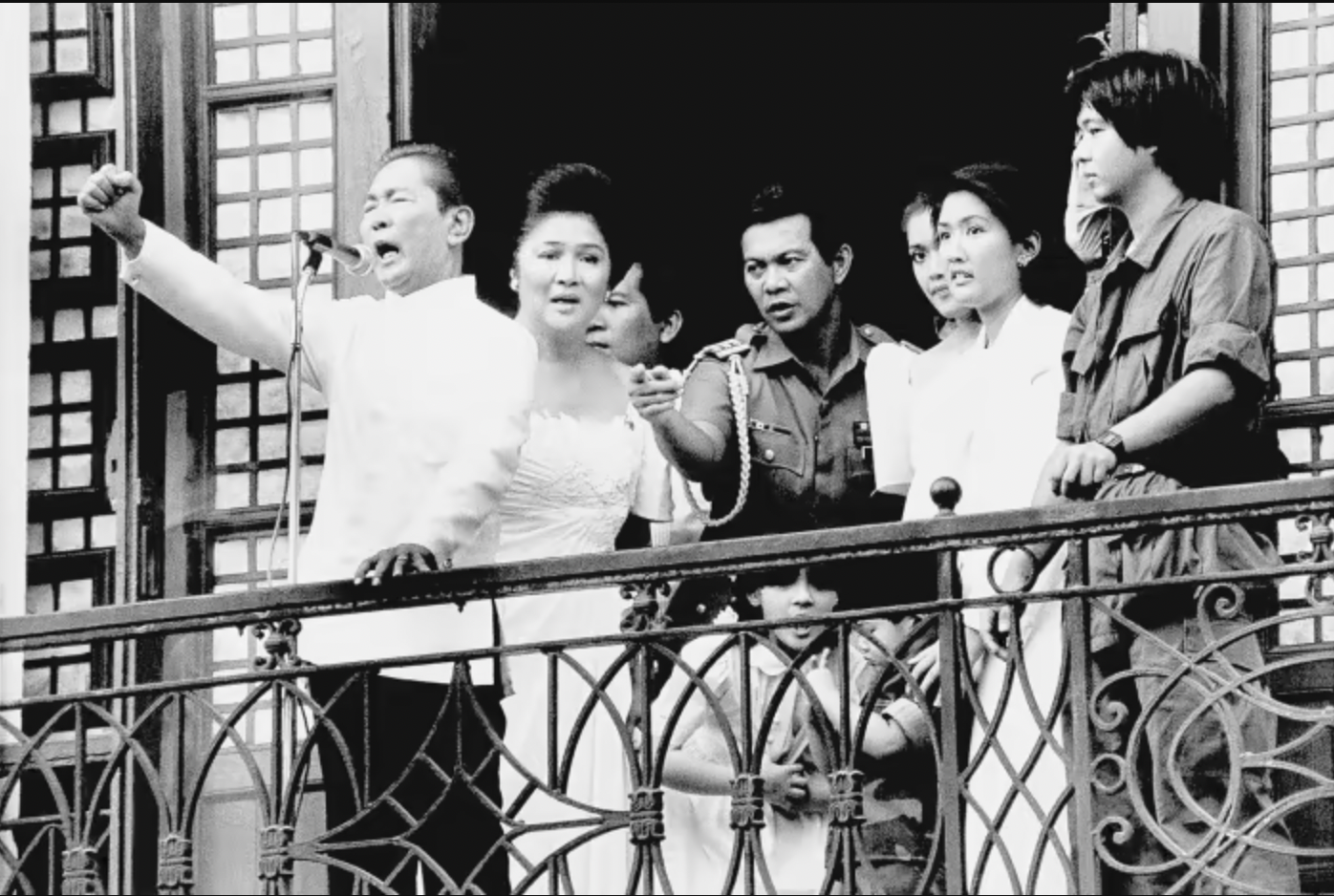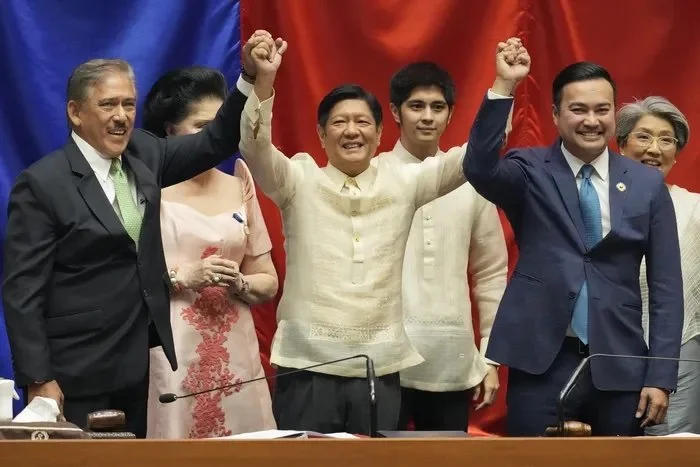Bongbong Marcos’ Bid for Legitimacy
/In the last three years of his presidency, Ferdinand Marcos Sr. struggled to overcome the public’s loss of confidence in his capacity to govern after the Philippine economy plunged into its deepest crisis in 1983 and 1984. Economic activity shrank by almost 10 percent during that 2-year period. International creditor banks refused to lend more money to finance the country’s imports. Interest rates shot up to unprecedented levels. The peso drastically lost value.
The crisis had deeper roots in the mismanagement of the economy over the years. It however exploded after the brazen murder of the late senator Benigno “Ninoy” Aquino on August 21, 1983 at the Manila International Airport. With the country mired in debt, Marcos sent the most prominent of his technocrats to plead with foreign banks and the International Monetary Fund to restructure the Philippines’ foreign debt. But to little avail -- for, members of the country’s own business community had joined the clamor in the streets, denouncing not just the repressiveness of the regime but the excesses of crony capitalism.
The Marcos family before they fled the Philippines during the EDSA People Power Revolt in 1986.
It is thus fitting that one of Bongbong Marcos’ first moves as the country’s president-elect is to assure investors and key economic players here and abroad that he intends to be worthy of the second chance that the Filipino electorate has given his family. That, to me, is the essence of his bid for legitimacy.
People have justly praised his careful selection of individuals who are known to be knowledgeable and experienced in their respective fields to constitute his economic team. The announcement of their names alone has had an immediate calming effect on the markets. But they are less sanguine about his nominees for education and justice.
Ferdinand Marcos, Jr. proclaimed as President by the Philippine Congress. On the left is Senate President Tito Sotto, on the right is Speak Lord Allan Velasco. Marcos family members stand behind (Photo by Aaron Favila/AP).
The first, because his choice of Vice-President-elect Sara Duterte for education secretary seems unmindful of the serious problems the education sector faces at this time. Ms. Duterte possesses neither the experience nor the expertise, nor indeed a record of longstanding interest, in this field. She could probably do more for housing or social welfare and development. The second, because Cavite Representative Crispin Remulla, Marcos’ nominee for the justice department, has a reputation for being more of a combative political partisan than an unbiased man of the law.
But this is only insofar as the incoming Cabinet is concerned. There is also tremendous interest in how Marcos Jr. will exercise governmental authority in relation to unresolved issues pertaining directly to his and the Marcos family’s legal troubles. Foremost of these are the intertwined issues of the Marcos estate tax and the pending cases of unexplained wealth.
We may catch a glimpse of how the new president intends to handle these awkward topics in his choices for the internal revenue post (BIR) and the Presidential Commission on Good Government (PCGG). In like manner, the appointment of a credible figure to head the Commission on Human Rights would be indicative of how seriously a Marcos Jr. presidency regards institutions that were created in the course of the post-Edsa democratic restoration.
As a political concept, legitimacy is not secured by mere compliance with the law or other normative obligations. Rather, it is conferred by the political system by reason of a leader’s observable compliance with those specific expectations that are generated by his/her own self-definition. Allow me to elaborate.
“Bongbong Marcos’ first moves as the country’s president-elect is to assure investors and key economic players here and abroad that he intends to be worthy of the second chance that the Filipino electorate has given his family. ”
Bongbong Marcos sought the presidency on the basis of his self-projection as a unifying figure who would restore the nation to its former glory. Without explicitly acknowledging the mistakes and abuses committed under his father’s rule, he swore to govern differently and pleaded to be judged by his own actions.
He has anchored his quest for acceptability on the promise that he will unite a fragmented nation and do what is necessary to prevent what happened in the past from being repeated. He will thus henceforth be measured in accordance with that chosen self-image.
It is worth noting that this is not the stance of a populist like outgoing President Rodrigo Duterte, who, from the start, campaigned to put the elites in their place and, at his inaugural address as president, asked for enough legal leeway to enable him to solve the nation’s drug problem. Far from portraying himself as the avenging heir of a deposed monarch, Marcos Jr. seems determined to present himself – in words and in demeanor – as the avatar of a controversial family that is grateful for another chance to prove itself worthy, ready to make things right and eager to be accepted by the whole nation and the rest of the world.
For 36 years, the Marcoses have evaded accountability. Now that they are back in power, they find themselves in the ironic position of having to be reminded of their duty to make amends for past wrongdoings.
It is not an easy burden to discharge, given the horror and disbelief with which the foreign media and a sizable portion of the nation’s intelligentsia have greeted the return of a Marcos to the presidency. But, if Marcos Jr. approaches it with grace and equanimity, there’s no reason he can’t do it.
Originally published in Randy David’s column “Public Lives” in INQUIRER.net, May 29, 2022. Republished with his permission.




